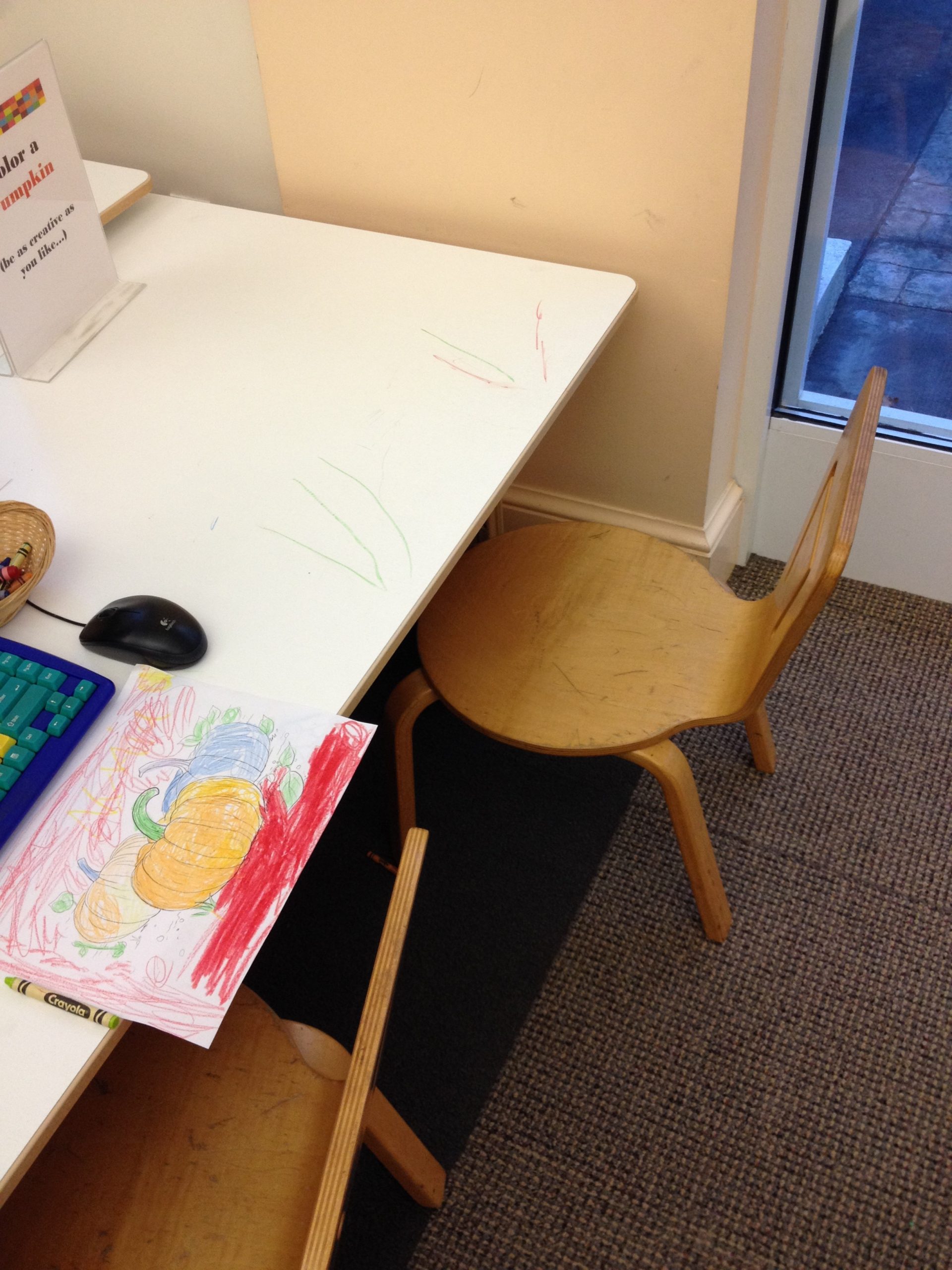Getting children and students of any age to listen is a daunting task. It appears that it is a skill that parents and some teachers have forgotten to teach. Too many times instructions or a simple comment must be repeated. When the repetition of instruction or a request isn’t effective, a threat of a consequence is usually made.
According to Dr. Lyman K. Steil of the University of Minnesota, we spend 9 percent of our communication time each day in writing, 16 percent in reading, 30 percent in speaking, and 45 percent in listening. However, most people are poor listeners. Being a poor listener results in a lack of comprehension. The lack of comprehension results in an inability to conceptualize, analyze, and formulate solutions to problems.
Even though teachers and parents try to get children to listen, there are reasons that they become poor listeners. Some people just do not concentrate on what is being said. People form conclusions before hearing the entire statement. And, they get distracted and focus on something about the speaker and not what is being said.
If instructions are to be given to students or children it is best to follow several suggestions to make instructions effective:
• Make sure the audience understands how to listen.
• Model what it means to listen. Model the directions.
• Begin with a question to get the attention on the audience.
• Tell the audience what to listen for before beginning to explain.
• Keep it simple! Too many steps will confuse the listeners.
• Don’t repeat.
Remember to be aware of you audience:
• Are they language learners?
• Do they have a processing disorder?
If the listeners have a learning problem, than a different direction for giving instructions may have to be taken.
Exceptional educators and parents understand the importance in building listening skills in children. The best communicators speak clearly. They understand that face-to-face communications are still important even though this is the age of social media. Students that are given the opportunity to improve their listening ability have the distinct advantage of becoming future communicators and leaders.
Listening skills are a part of Common Core and play an integral part in collaboration and communication. After all, no learning will occur if nobody’s listening. Building great listeners will help children learn, build friendships, and demonstrate good manners.
![]()


